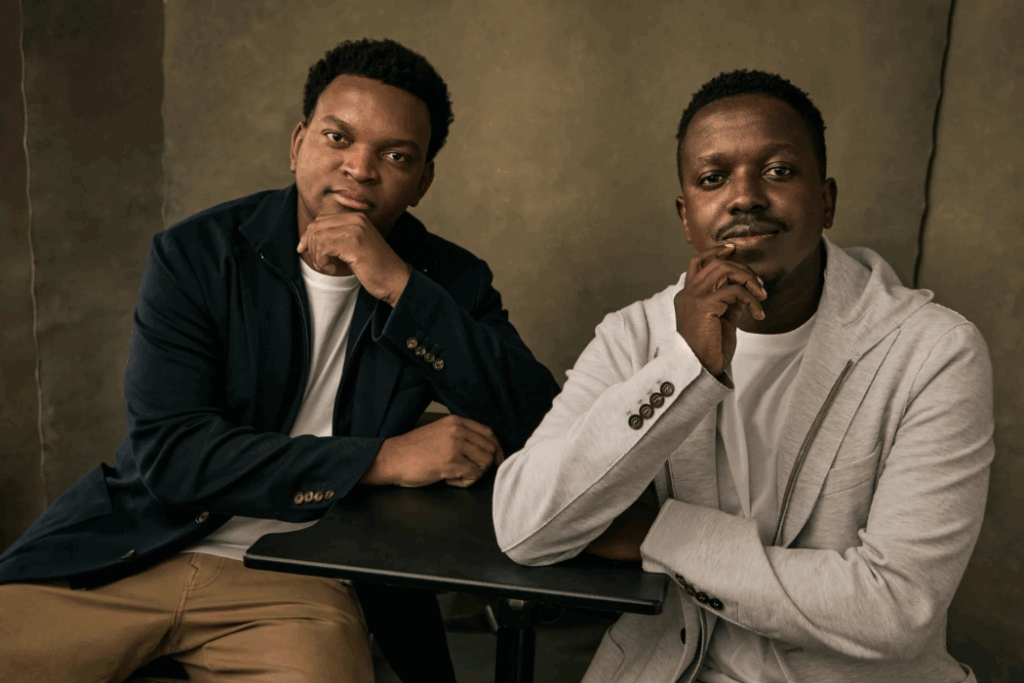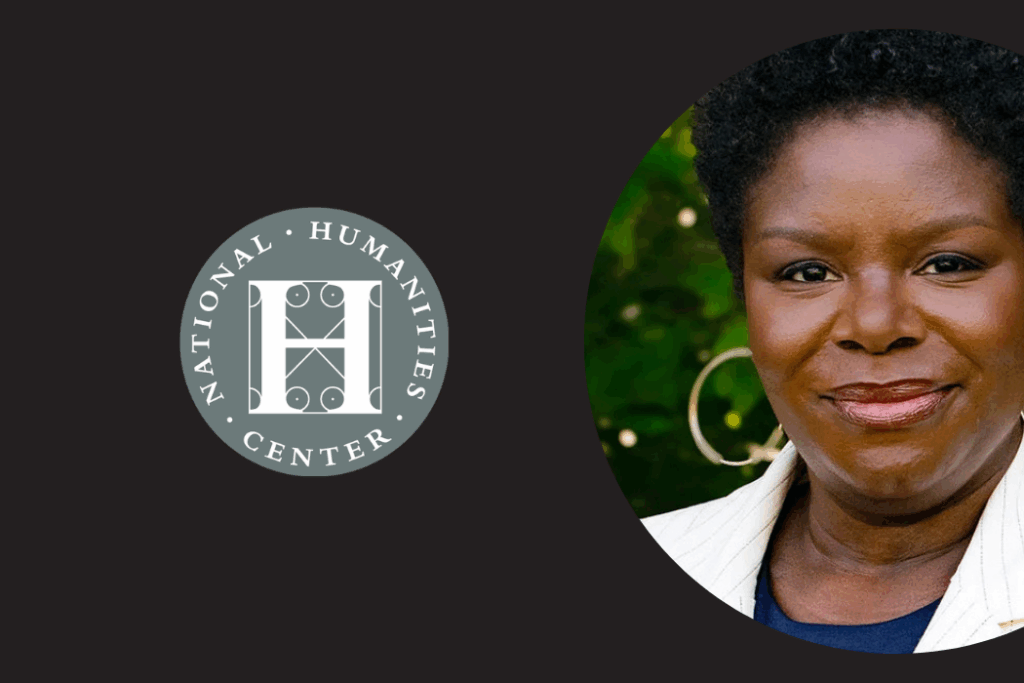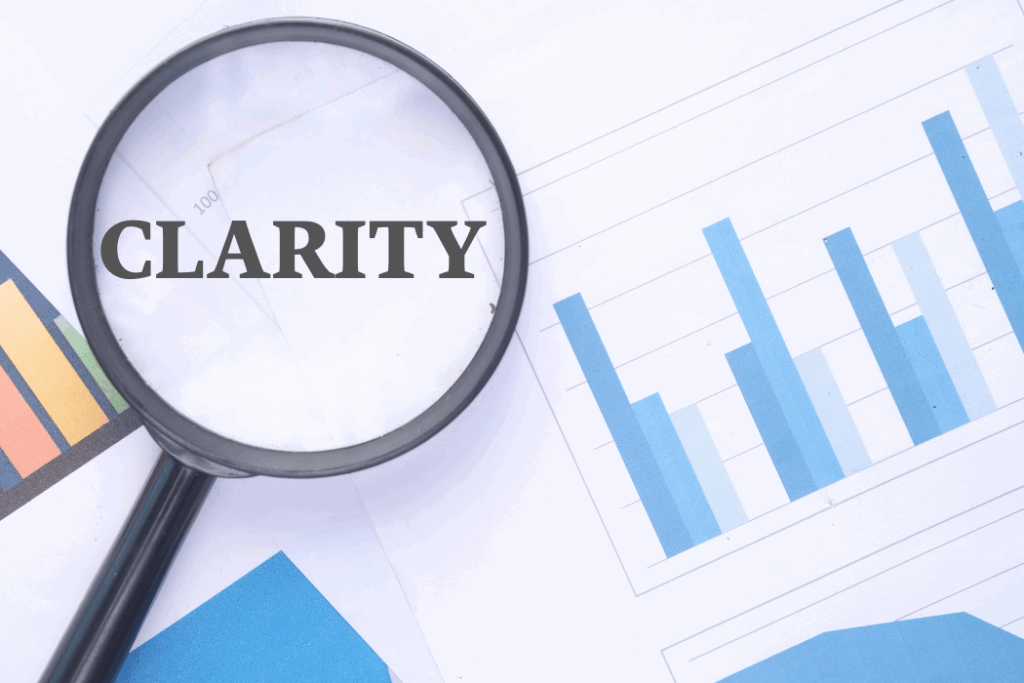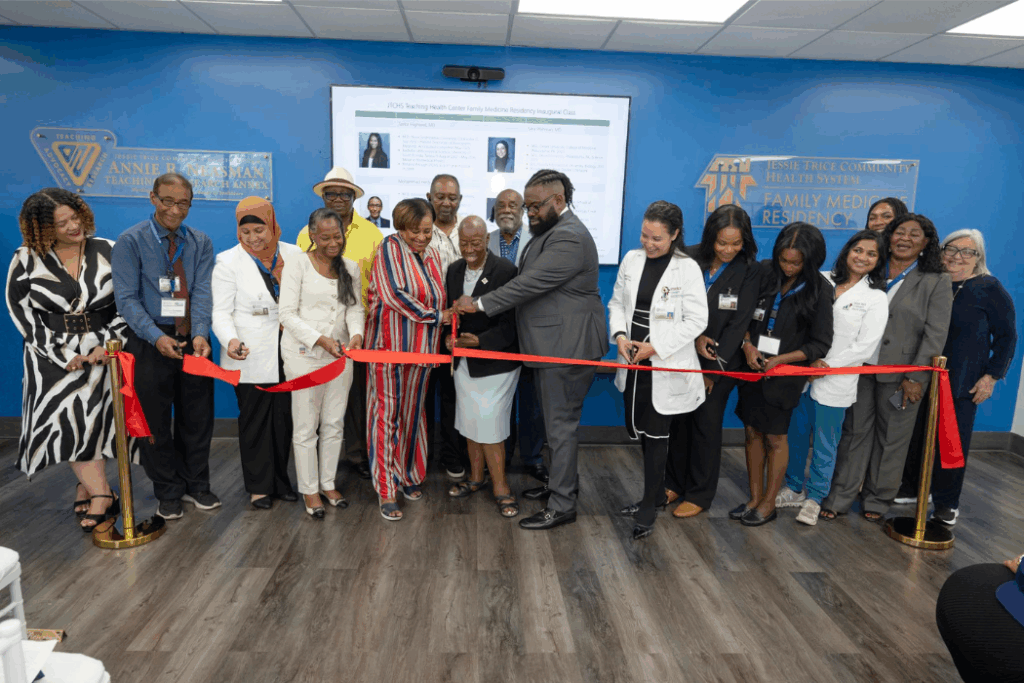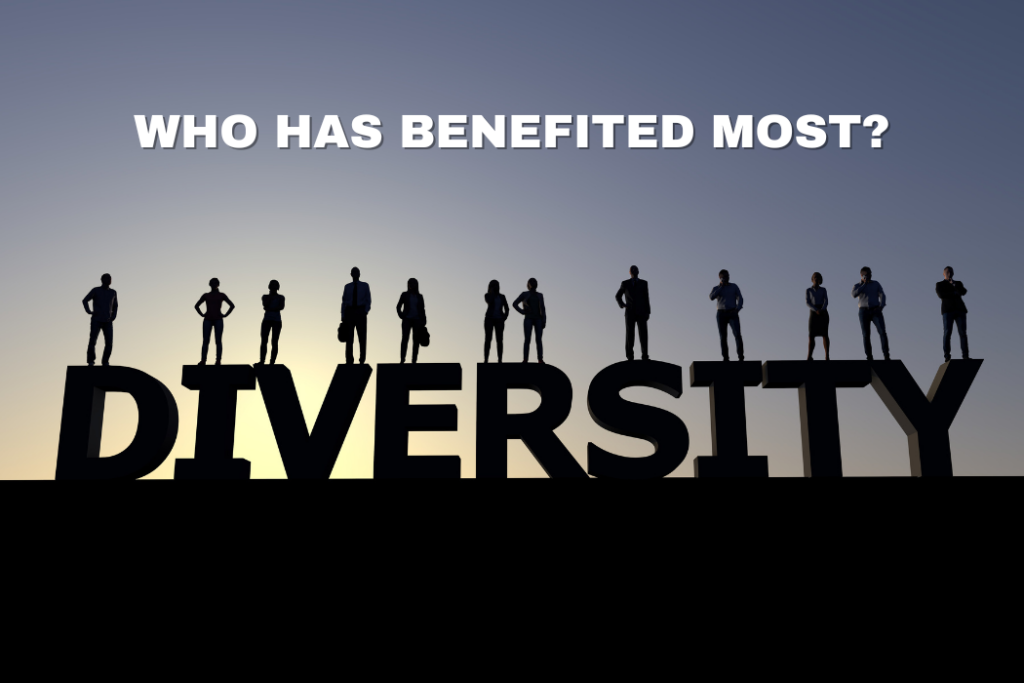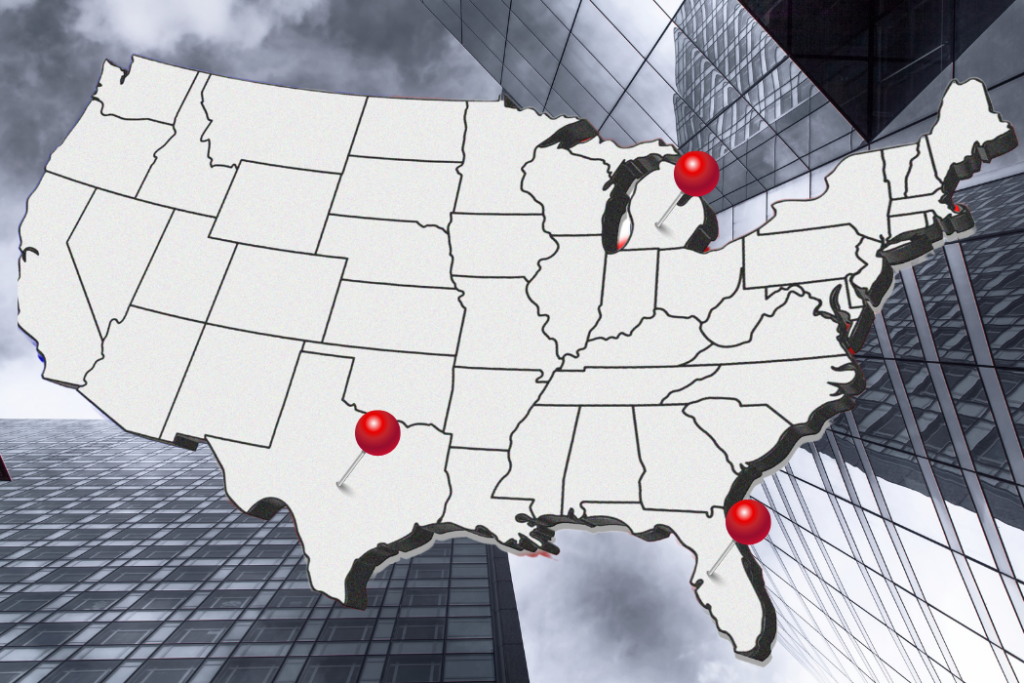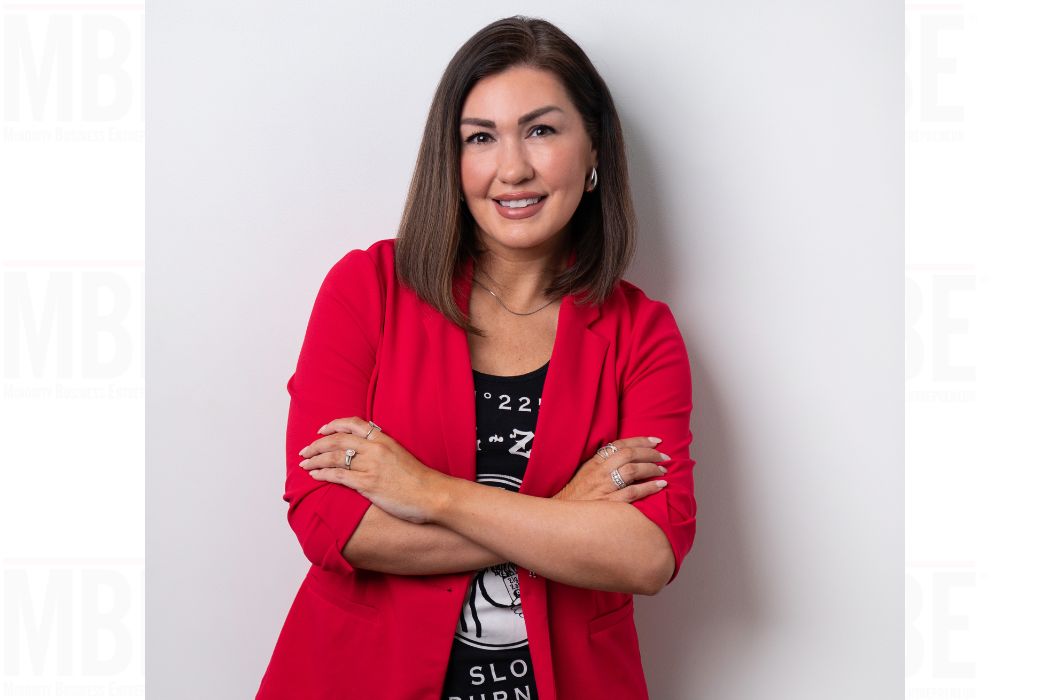
Alicia Carrasco grew up in Michigan as the daughter of a migrant worker whose father’s aspiration for her was to work in a factory with air conditioning. While working on the manufacturing floor, a supervisor encouraged her to look into college, something she had never considered a possibility, which altered the trajectory of her life.
Today, Carrasco is the chief people officer of Turning Point Brands (TPB), a leading provider of alternative smoking accessories and consumables. Alicia’s past has informed her approach to being a human resources (HR) executive. Beyond her responsibility for ensuring the people and culture agenda support TPB’s business objectives, she is focused on fostering a workforce that embodies her bias towards action and belief that radical transparency and showing up as your best self is the only way to succeed. Turning Point is leading a cultural shift in the tobacco- and cannabis-adjacent industries with its strong female leadership. At the intersection of two historically male dominated fields, 42 percent of Turning Point’s leadership team members are women, a drastic departure from leading tobacco and cannabis companies, whose combined leadership teams are less than 25 percent women.
In a recent conversation with MBE magazine, Carrasco discussed several topics, including Turning Point’s commitment to diversity, growing up the daughter of a migrant farm worker, and the conversation that changed her life.
Q: Tell us about your role.
Carrasco: I joined the organization last year as its real first Chief People Officer, which is a really exciting space to play in a company that is ready and at that pivot for continued growth and expansion into more of a diversified, consumer packaged goods company (CPG). So I’ve had the privilege of bringing more sophisticated, advanced people, practices, and methodologies into a company that’s at that point of need. I always use this phrase, which is as an organization’s revenue continues to grow, sometimes they outgrow talent, and that’s kind of where the organization is. Many that experience growth over time, from a small $50 million company to growing into that half a billion-dollar company, it looks and feels very different. So it’s exciting to bring different people’s perspectives and different lenses to the organization.
Q: The Turning Point Brands leadership team is 42 percent women, which is leading the industry. How intentional is the company about being diverse or highlighting diversity within its workforce?
Carrasco: We are [very] intentional on doing that. I’m not sure that you could go back 10 years ago and say that. But certainly, our evolution over the past few years—as we think of ourselves as a true player in the CPG space when you think about our model and the direction that the organization is headed—we have become more brand focused, more customer centered. And with that consumer lens, we think about women as an important dimension of diversity. That’s super important to us, not only internally, but externally. When you think about women in general driving most of the purchasing decisions within their household, it places a much greater emphasis on our organization to position ourselves with a big base of women leaders, women in middle management, and women on the frontline to represent that dimension of diversity with our consumer base.
Q: In your role, what are some of the things you hope to achieve with the organization?
Carrasco: What I really hope to achieve, coming from the people lens is to help the external environment understand, not only the value but the capability of the human capital at our organization and translate that to our investors, our consumers, and our direct customers as well.
I think that’s a key competitive advantage that the organization has that we’ve been missing out on delivering and identifying what that messaging looks like. I think every HR practitioner’s dream is creating the best place that people want to work, grow, and develop.
Q: Elaborate on your background and your father’s aspirations for you.
Carrasco: It’s an interesting story and it’s definitely one that I’m super grateful for, despite the disadvantages that have come with it—the barriers you have to overcome of growing up in a migrant family. When your parents don’t graduate from high school, when your father works as a migrant worker for more than half his life, you think about the American Dream as getting out of the field and working in a factory with air conditioning. We take for granted the basics, essentials of just quality of life and being able to get an hourly wage and overtime. So the bar was for his kids, for me, to get out of the past historical history and trends of our family, which is really working out in cotton fields and picking peaches and cucumbers, like you would see in a traditional Hispanic family and I did just that.
We didn’t talk about college growing up, that wasn’t even in sight for us. That wasn’t anything we realized that we had access to. I’m a first-generation college graduate.
I was fortunate enough to follow suit with my father’s dreams of working in a factory because it was clean, it was air conditioned, all the things that I mentioned. I was really there, in the manufacturing space for about five to seven years. And during that time I was approached by a frontline supervisor, which is really where I’ve developed my passion of frontline leadership development because it took one person who saw something in me and approached me about three to four years into my manufacturing career. And this gentleman nagged me for two years straight [saying], “You know Alicia, you’re so smart, you could do so much more than this. Have you ever thought about going to college?”
He piqued my curiosity enough that I started talking with a local university that created an adult education program and took the biggest leap of courage in my entire life. I started one class at a time and I graduated with my bachelor’s degree from Cornerstone Univerisy and my master’s degree from Spring Arbor University.
During that time, I became interested in, not only the operations side…but how to marry things up on the people side, and all these different things relative to leadership and people. And, how could I support and emulate and continue to create moments that matter that were created with me, with other people and leaders in companies? That’s when I decided in the last half of my bachelor’s degree to get into the HR side of my education. And here I am, trying to recreate moments that matter for people that come from underrepresented communities and families and the like, because I believe if I can do it, anybody can.
That’s my diversity story and I think it’s unique, and unfortunately a common one and hopefully I can continue to serve as a source of inspiration for others that are in my situation.
In terms of Turning Point Brands, I’m honored that my life story and my diversity story have given me the experience and the lens to bring to the organization in a unique way as we try to diversify ourselves as an organization and serve even better the diverse consumer that purchases our products every single day.

